Ukrainian soldiers on the east bank of the Dnieper River, under pressure from Russian fire, were mostly inexperienced, some of whom could not swim despite being marines.
In mid-November, the Ukrainian army crossed the Dnieper River and successfully established a bridgehead on the eastern bank, marking a step forward in the counteroffensive on the Kherson front.
Some analysts say establishing a foothold here would allow Ukrainian forces to strike further south, cutting off Russia's land corridor connecting the Crimean peninsula with the Donbass region.
Ukrainian President Volodymyr Zelensky has repeatedly mentioned the operation to cross the Dnieper River, saying that this is the beginning of a significant step forward in Kiev's counteroffensive.
The Ukrainian military said on December 3 that its forces were consolidating their positions on the eastern bank of the Dnieper River and were "firing fire on the enemy", after advancing 3-8 km.
However, the situation is not as optimistic as Ukrainian officials believe. BBC on December 4 quoted a Ukrainian soldier saying that the country's forces on the eastern bank are in a very difficult situation, adding that they have suffered heavy losses in their efforts to cross the river.
"We were constantly being shot at by the enemy while trying to reach the other side. I witnessed with my own eyes the boats carrying my comrades being hit by bullets and disappearing into the water, forever lying at the bottom of the river," the Ukrainian soldier recalled.
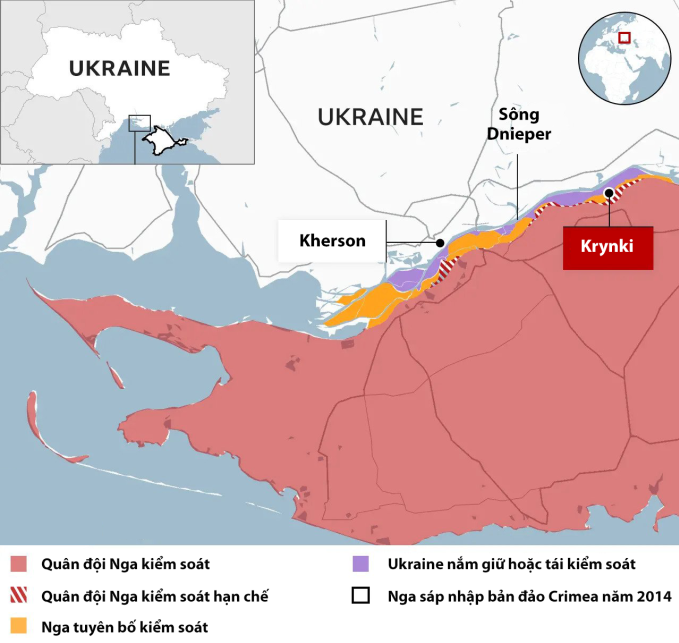
The battle situation around the Dnieper River. Graphics: BBC/ISW
The Ukrainian forces had to bring generators, fuel and food to build a bridgehead on the eastern bank after crossing the river, the source said. They initially thought that the Russian forces would retreat when they saw the Ukrainian soldiers reach the shore, but the reality was completely different.
"When we reached the eastern bank, the enemy was waiting. They attacked us with everything they could, from artillery, mortars to flamethrowers. I thought I would not survive," the Ukrainian soldier said. "Russian prisoners later revealed that their forces had been informed about the landing and knew exactly where we would land."
Despite this, several hundred Ukrainian marines dug in and successfully established a stronghold, in part with the support of their comrades on the west bank. However, their efforts to hold their positions were hampered by heavy firepower from Russian forces.
"Every day we had to hide in the forest and endure enemy fire. We were trapped because all the paths were mined. Russian unmanned aerial vehicles (UAVs) were constantly hovering, ready to attack when they detected movement," he said.
Vladimir Saldo, the Russian-appointed head of Kherson province, said in mid-month that Ukrainian forces crossing the Dnieper River had faced “hellfire” from Russian artillery, rockets and small drones. “In just two to three days, the enemy lost about 100 people,” he said.
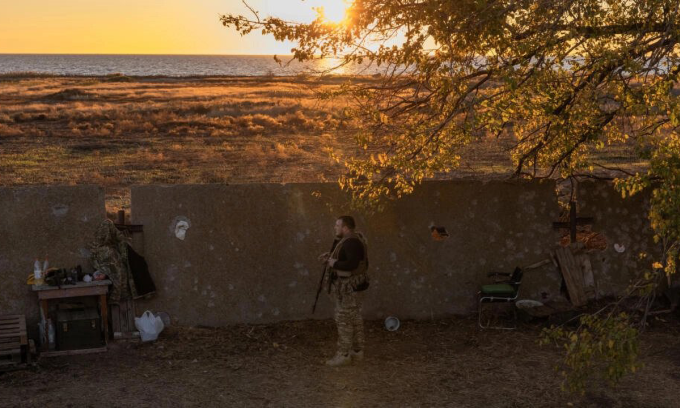
Ukrainian soldiers stand guard near the Dnieper River on November 6. Photo: AFP
According to the BBC, Ukrainian forces' supply lines on the east coast are being closely monitored by Russian soldiers, leaving them short of drinking water. The situation is expected to worsen as the cold sets in, despite the fact that they have generators, rechargeable batteries and winter clothing with them. "The real situation here is being concealed, so nothing will change in the near future," Ukrainian soldiers revealed.
He also said they felt disoriented, believing they might be "abandoned" by their superiors.
"No one knows what the next goal is. Many believe that the command has abandoned us. They think the river crossing campaign is more political than military," he shared.
Some observers share a similar view. They say the bridgehead that Ukraine has established on the eastern bank of the Dnieper River is too small to transport heavy equipment across the river, making it difficult to launch a major offensive to the south.
"The operation is largely symbolic, allowing Kiev to claim a local victory after the failure of the summer counteroffensive," said Michel Goya, a former French army colonel.
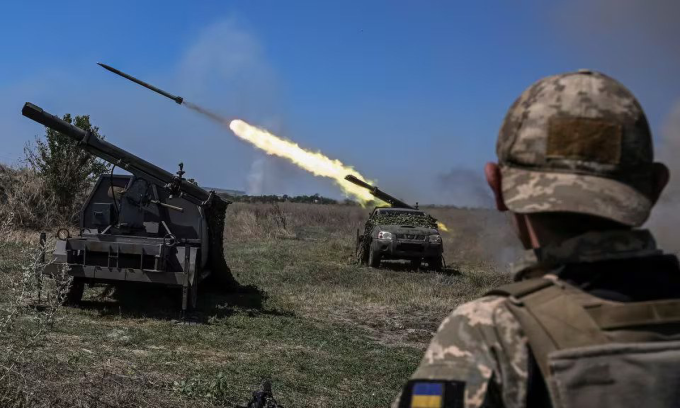
Ukrainian forces fire at Russian targets near the front line in Zaporizhzhia province on August 19. Photo: Reuters
Ukrainian military commander Valery Zaluzhny said in early November that Kiev's counteroffensive was at a standstill, revealing that the army had advanced only about 17 kilometers after five months of fighting. President Zelensky denied this at the time, but last week admitted that Ukraine's counteroffensive had "fallen short of expectations," but insisted that Kiev would not retreat.
Like many other fronts in Ukraine, the fighting on the Dnieper was a battle of endurance, with the side that maintained its strength better winning. However, the Ukrainian forces there consisted of only a few companies rather than the several divisions the situation required. Most were very young, inexperienced and lacking in combat skills.
"We need people, but they need to be trained people, not rookies who have just started to pick up a gun. There are people who have only been trained for three weeks and can fire a few shots," said the Ukrainian soldier. "This is a nightmare."
The soldier said that most of those who were ready to go to war had already volunteered and that the current reinforcements were mostly people who were forced to take up arms and lacked the will to fight. "Some of our marines don't even know how to swim," he revealed.
He also said many of his teammates paid with their lives due to lack of experience.
"Most of our casualties were due to negligence. Some did not climb into the trenches fast enough, others did not hide well enough. If we were a little less careful, we would be targeted from all sides," the Ukrainian soldiers said, adding that they also inflicted heavy losses on Russia with missiles and UAVs.
He said he felt “like he had escaped hell” after being pulled out due to a concussion from a landmine. However, the soldier is about to return to that “hell” again.
"The next rotation is coming up and I'll have to cross the Dnieper River again," he said.
Pham Giang (According to BBC )
Source link


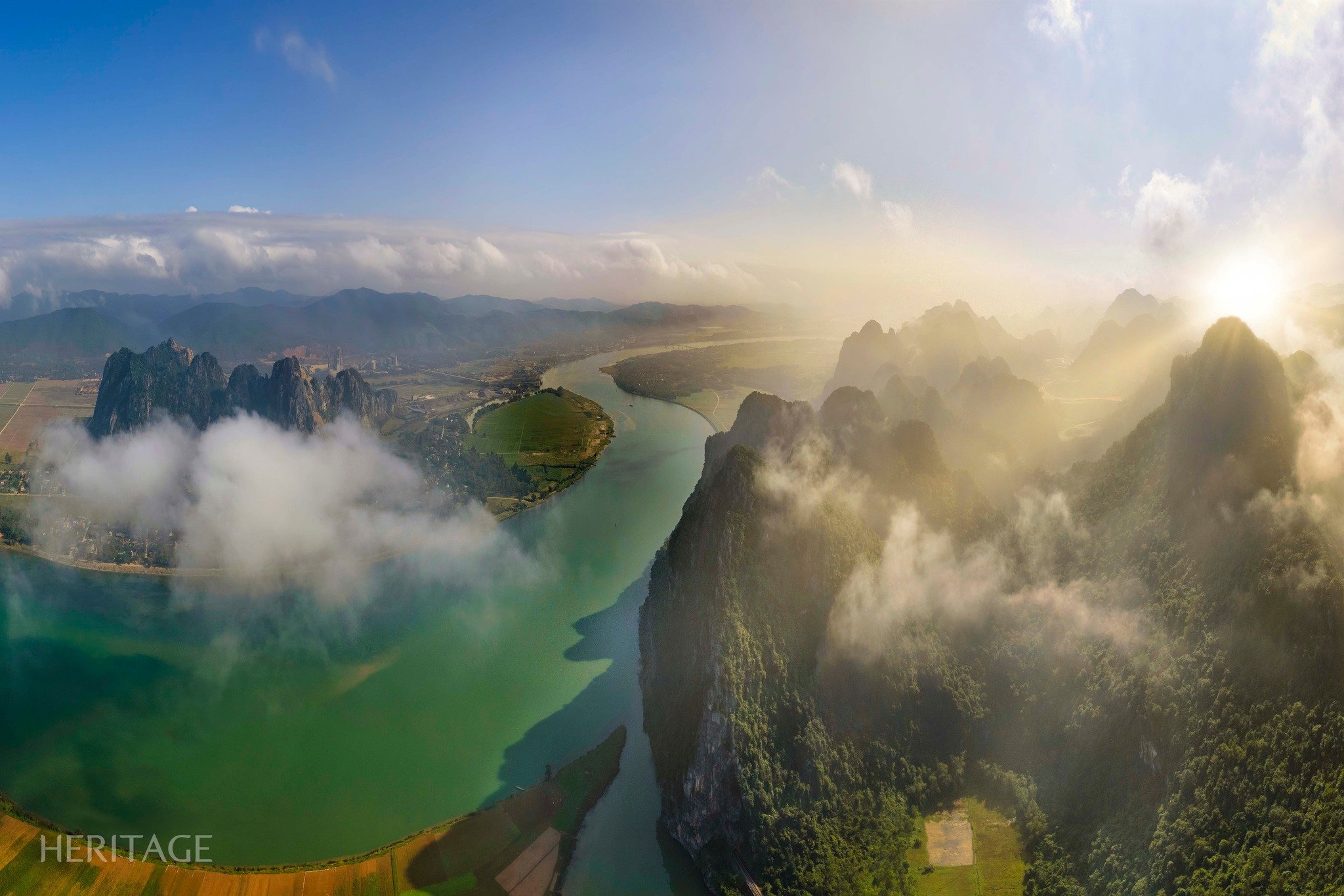

![[Photo] General Secretary To Lam holds talks with General Secretary and President of China Xi Jinping](https://vstatic.vietnam.vn/vietnam/resource/IMAGE/2025/4/14/b3d07714dc6b4831833b48e0385d75c1)
![[Photo] Hanoi people warmly welcome Chinese General Secretary and President Xi Jinping on his State visit to Vietnam](https://vstatic.vietnam.vn/vietnam/resource/IMAGE/2025/4/14/d6ac6588b9324603b1c48a9df14d620c)
![[Photo] Ceremony to welcome General Secretary and President of China Xi Jinping on State visit to Vietnam](https://vstatic.vietnam.vn/vietnam/resource/IMAGE/2025/4/14/5318f8c5aa8540d28a5a65b0a1f70959)
![[Photo] Prime Minister Pham Minh Chinh chairs conference to review the implementation of Resolution No. 18-NQ/TW](https://vstatic.vietnam.vn/vietnam/resource/IMAGE/2025/4/14/dcdb99e706e9448fb3fe81fec9cde410)
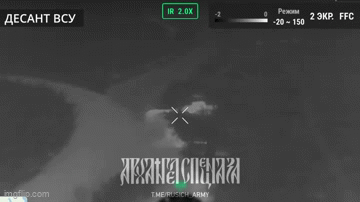

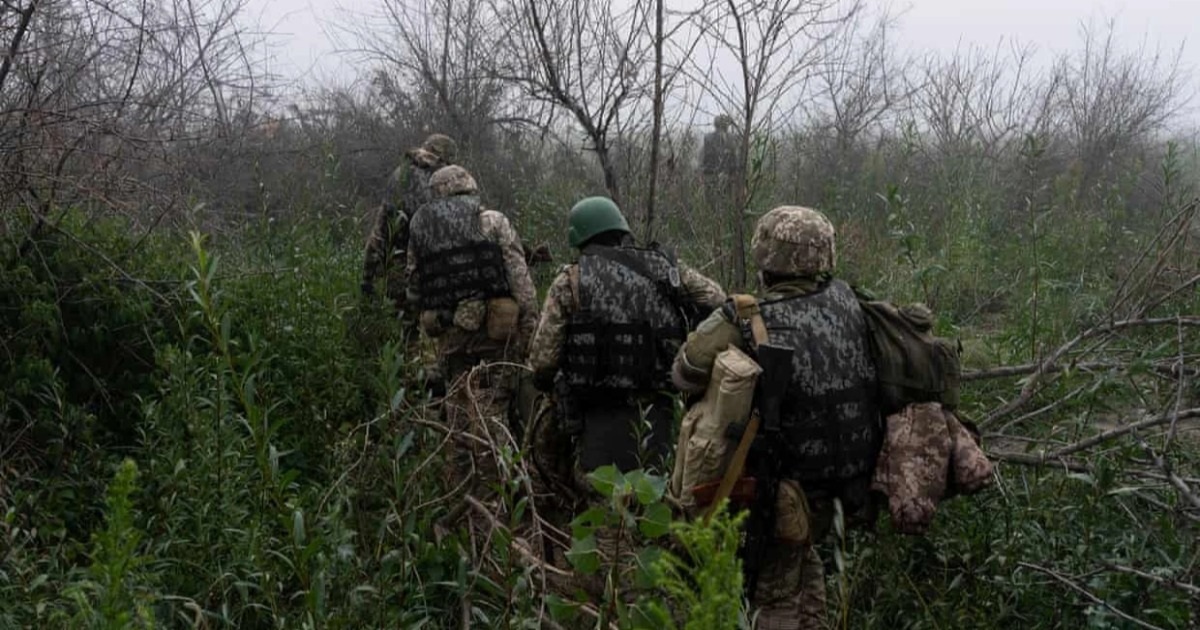

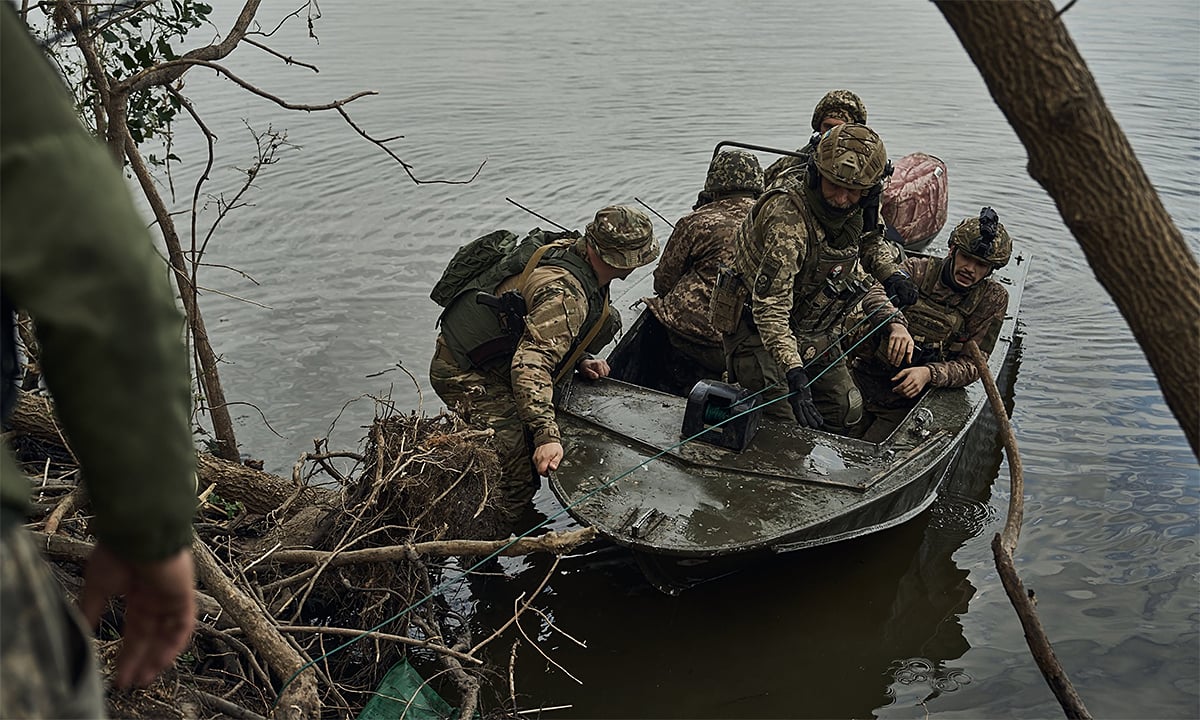
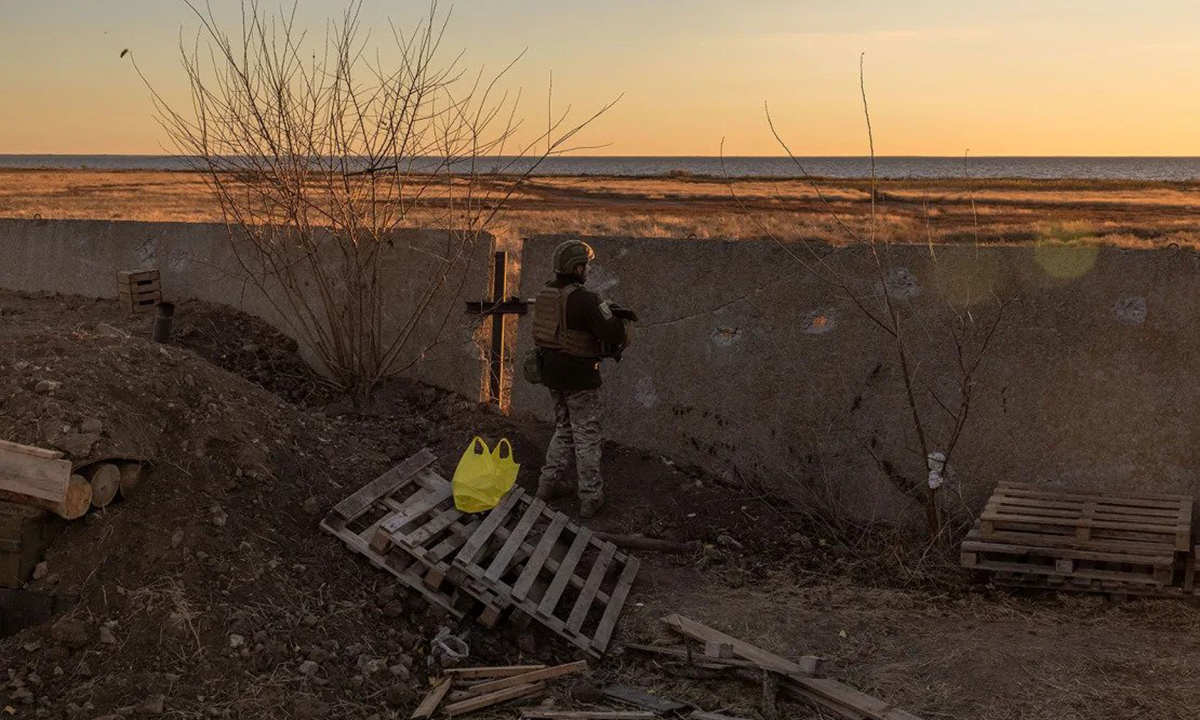
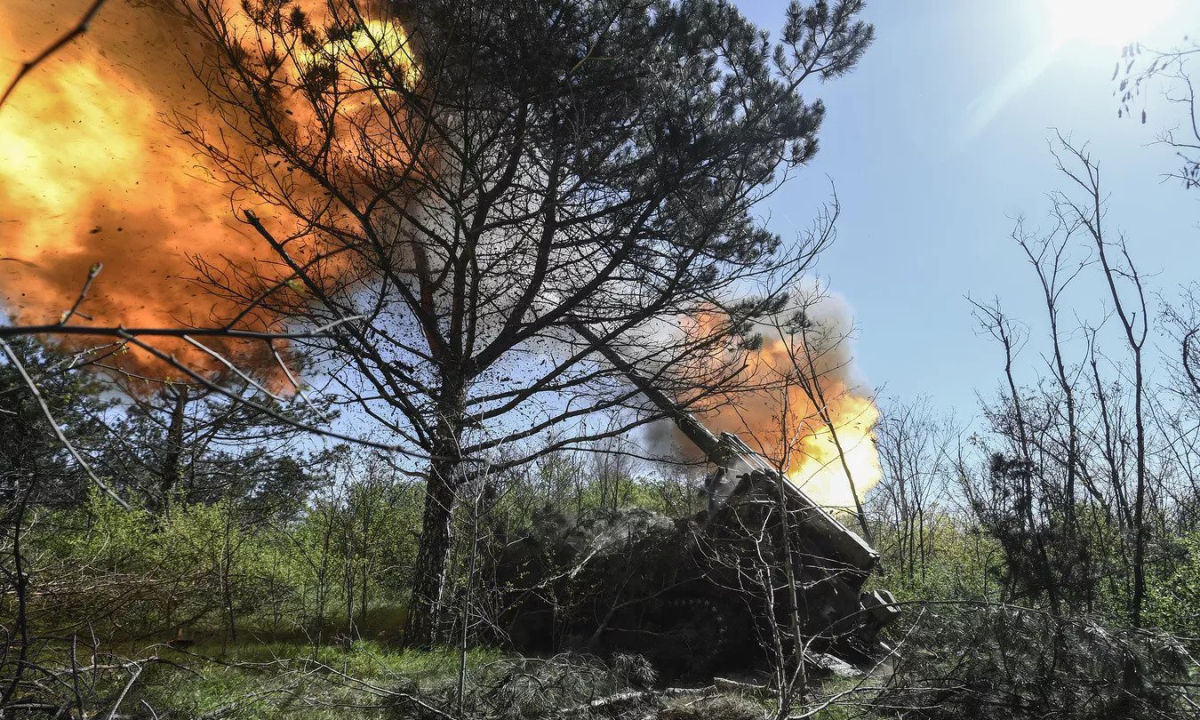
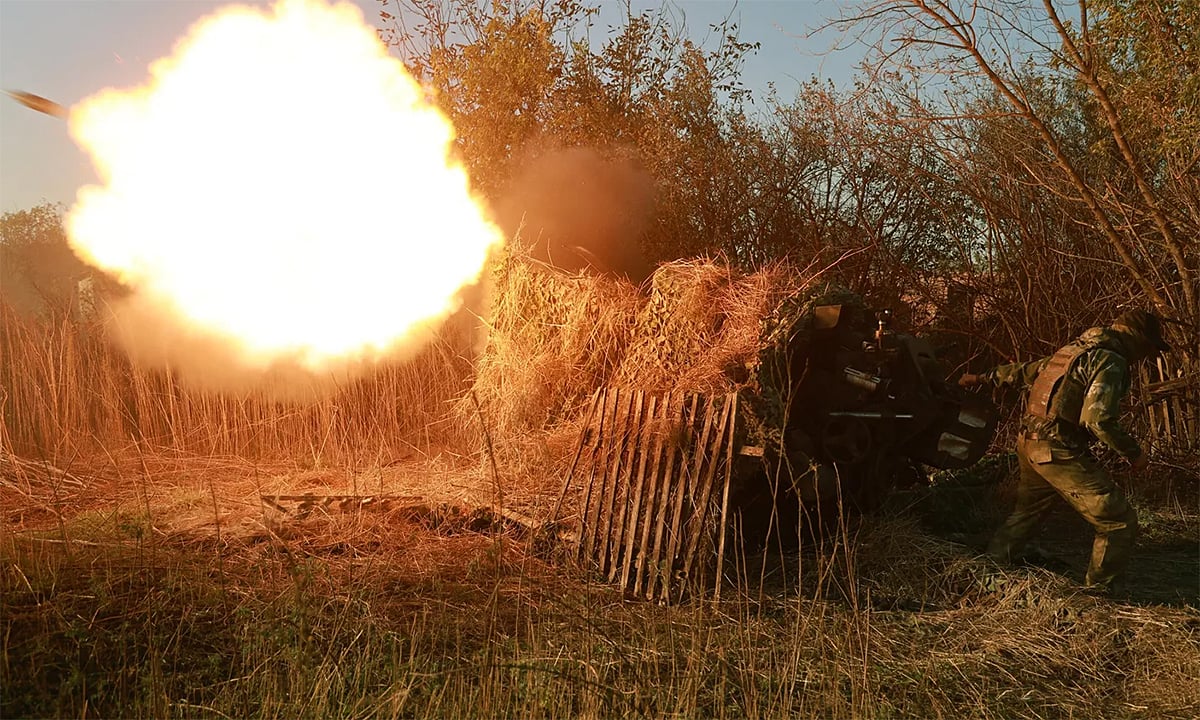

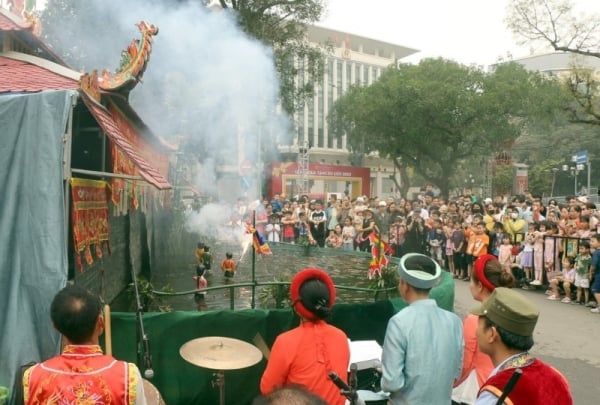
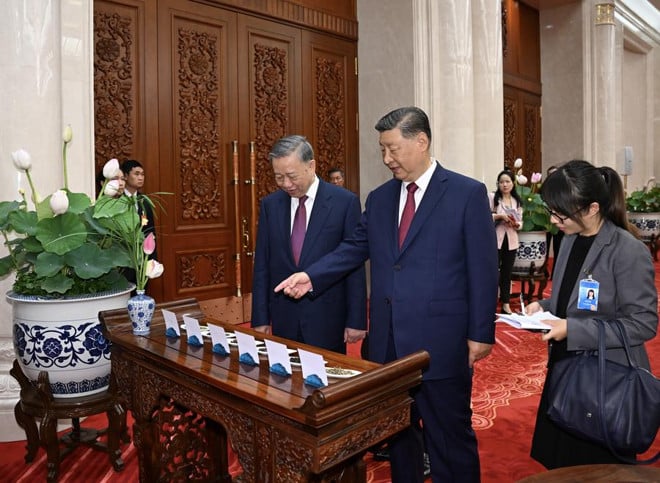
















































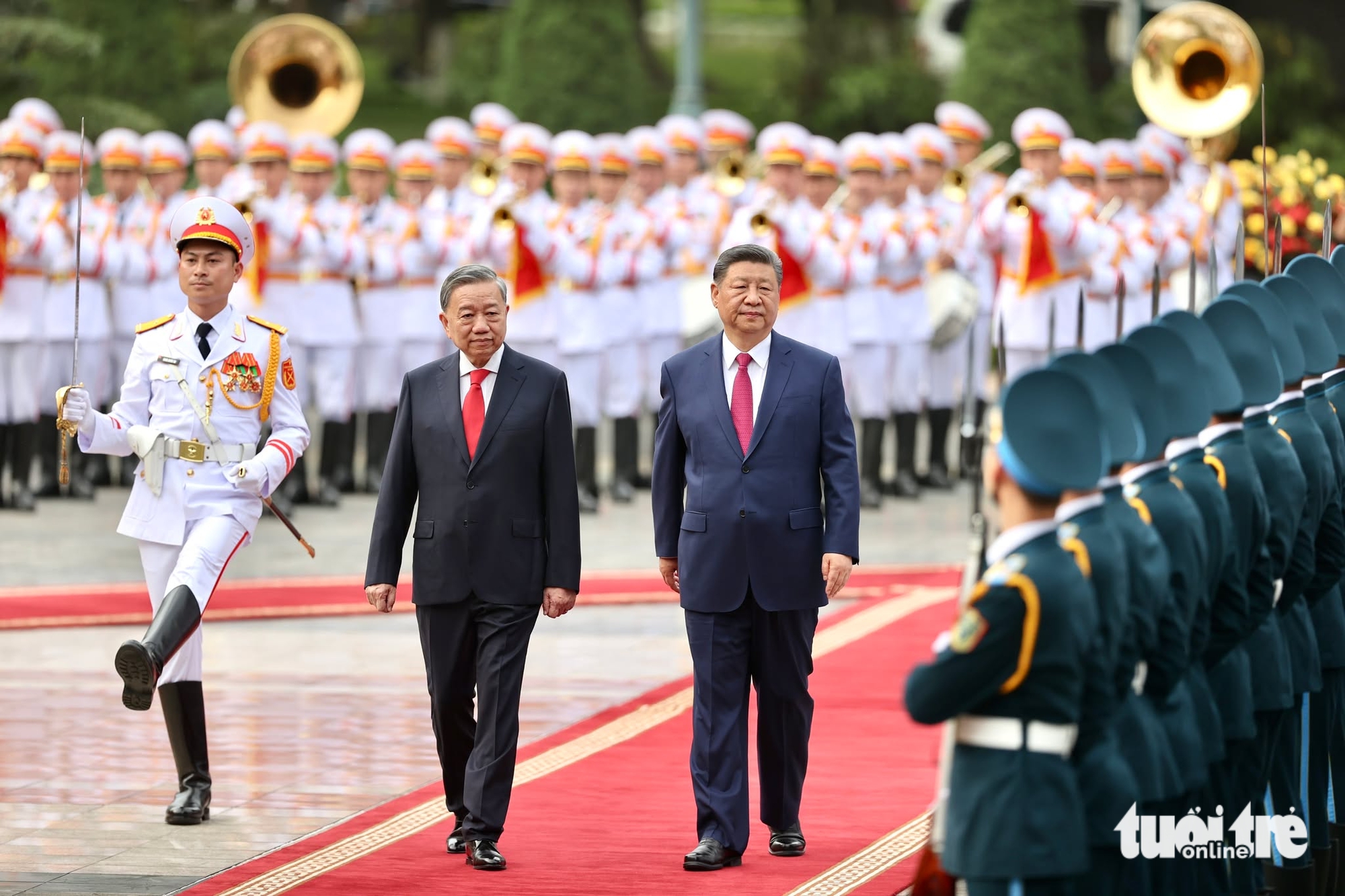
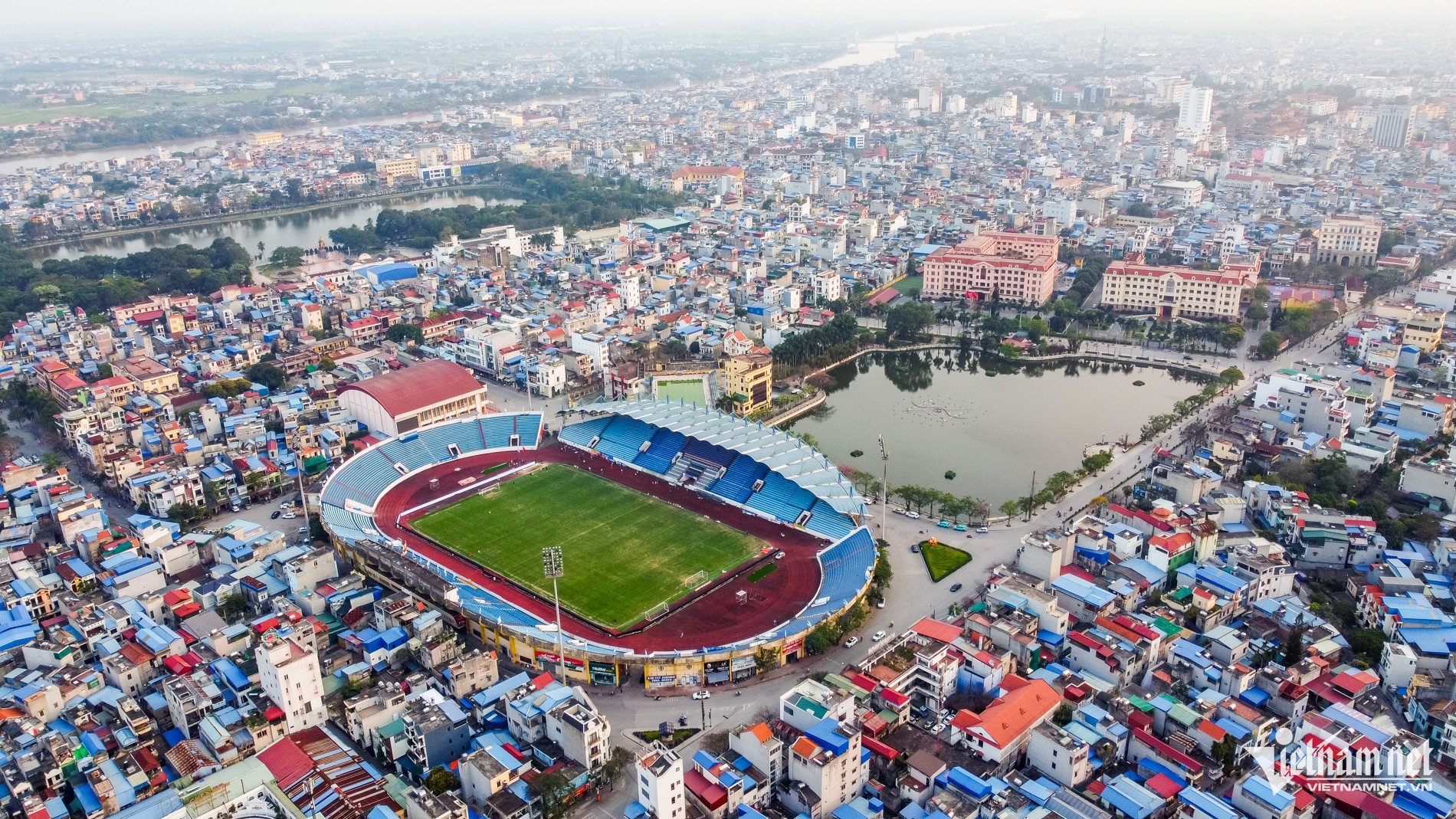


























Comment (0)